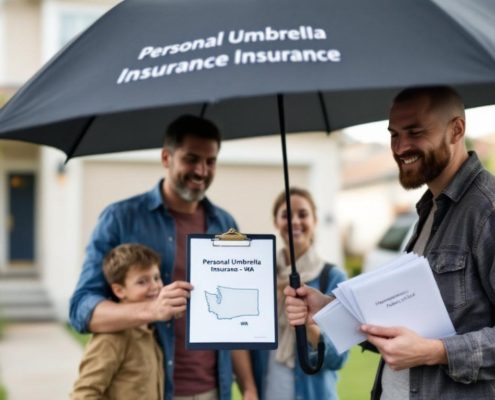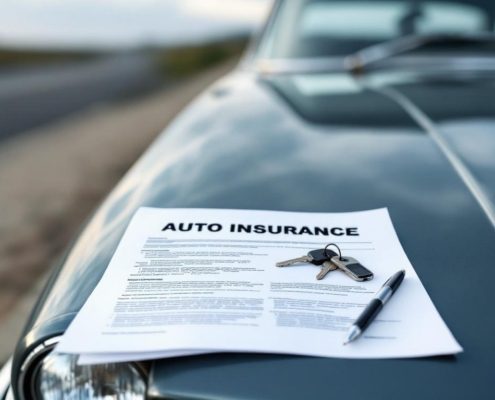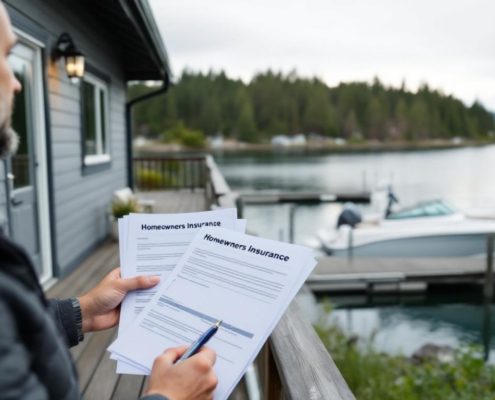
Personal Umbrella Insurance WA: Extra Liability Protection For You And Your Family
Protect your family beyond standard coverage with personal umbrella insurance in WA. Learn how extra liability protection shields your assets today.

Landlord Insurance Puget Sound: Protecting Rental Income Across The Region
Protect your rental income with landlord insurance in Puget Sound. Learn coverage options, costs, and how to safeguard your properties today.

Essential Guide to Protecting Your Jewelry: Everything You Need to Know
Jewelry holds not only aesthetic value but also sentimental significance. Whether it symbolizes decades of marriage, has been passed down through generations, or commemorates a special occasion, its worth goes beyond monetary value. With this in mind, our local insurance agency aims to ensure that you have comprehensive protection for your precious pieces. While the...

Flood Insurance Puget Sound: Are You Fully Protected Against Northwest Flood Risk
Protect your home from flooding in the Puget Sound region. Learn if your flood insurance coverage is adequate for Northwest flood risks.

Renters Insurance Bremerton WA: Essential Protection For Your Apartment
Protect your apartment with renters insurance in Bremerton WA. Learn what coverage you need and how to find affordable policies today.

Classic Car Auto Insurance: Protecting Your Collector On The Road
Protect your classic car with specialized auto insurance coverage. Learn how to safeguard your collector vehicle on the road today.

Homeowners Insurance Puget Sound: Finding Local Protection For Your Home
Find local homeowners insurance in Puget Sound that protects your home against weather, earthquakes, and more.

Earthquake Coverage Homeowners WA: Strengthen Your Northwest Home
Protect your Washington home with earthquake coverage. Learn essential tips to strengthen your property and secure the right insurance policy today.

The Importance of Having an Umbrella Insurance Policy
Protecting oneself from major claims or lawsuits and protecting assets and earnings is a priority for anyone. This is where an umbrella insurance policy comes into play, providing an additional layer of coverage that goes beyond traditional policies. By insuring your future, you can protect your home, cash savings, and future earnings from unforeseen circumstances....

NW Homeowners Insurance Quotes: Compare Top Local Carriers
Compare NW homeowners insurance quotes from top local carriers and save on your coverage today with our expert guide.

Auto Insurance Bremerton WA: Local Coverage, Competitive Rates
Find competitive auto insurance rates in Bremerton, WA with local coverage options tailored to your needs and budget.

Smart Auto Insurance Quotes Seattle To Lock In The Best Rate
Compare auto insurance quotes in Seattle and find the best rates for your coverage needs today.
